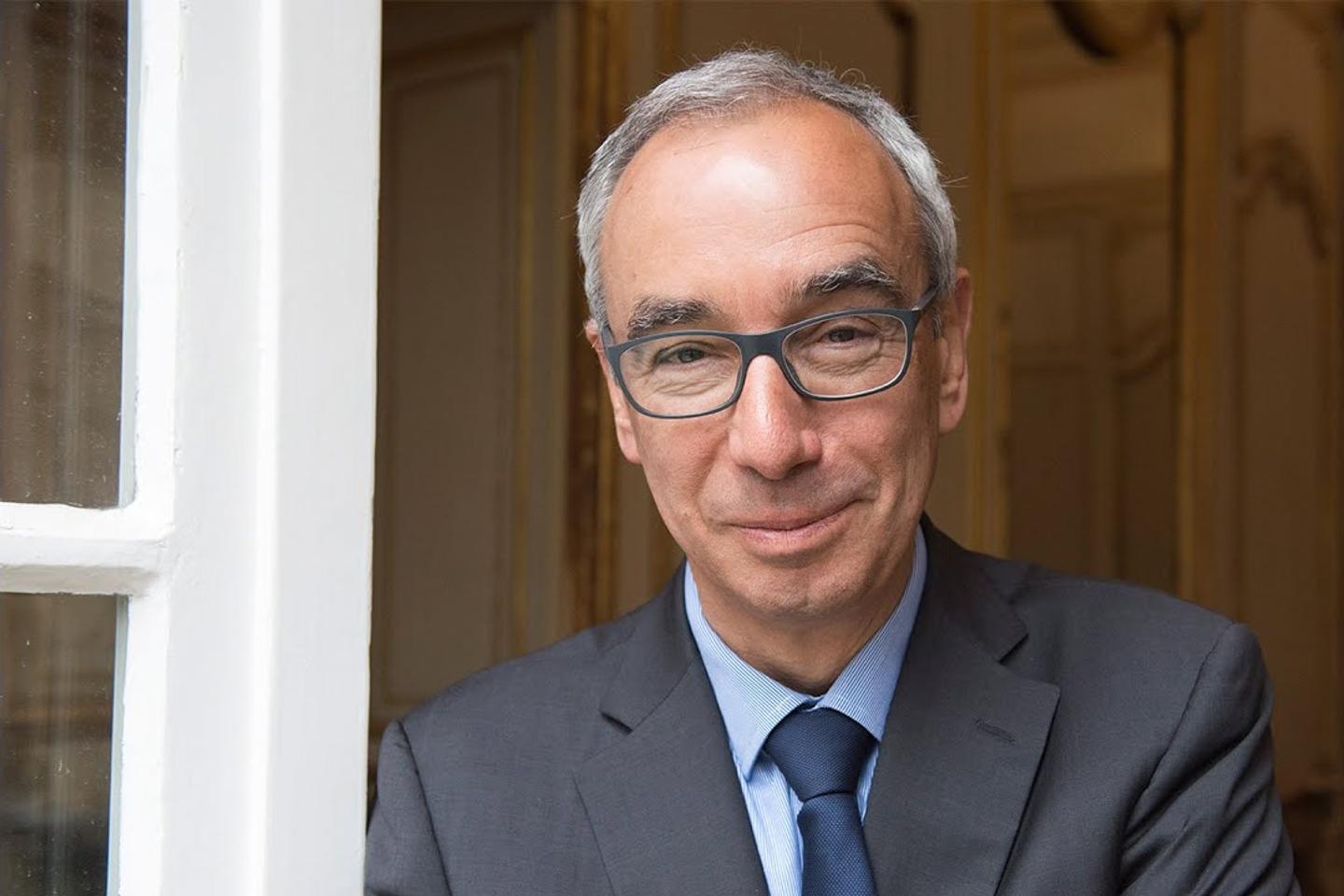


"Never has the world been so in need of inventing new forms of collective action, but rarely has this undertaking been so arduous," economist Jean Pisani-Ferry and his co-author, George Papaconstantinou, Professor of International Political Economy at the European University Institute in Florence, wrote in the introduction to New World, New Rules. Global Cooperation in a World of Geopolitical Rivalries (Seuil, 144 pages, 12.90 euros). While the climate and biodiversity crises, the energy transition, migration, the rise of disruptive technologies such as artificial intelligence are all challenges common to all human societies and the states that govern them, geopolitical fragmentation and a retreat into communal egoism – national, religious and social – are making it increasingly difficult to cooperate in managing the global commons.
But Ferry is an optimistic economist. He teaches at Sciences Po, and is a research associate at the Bruegel Institute in Brussels and the Peterson Institute for International Economics in Washington. At least, he hopes so.
With Donald Trump's second election, the rise of the far right in democracies, the war in Ukraine and the rift between Northern and Southern countries over climate, isn't planetary chaos setting in?
There is little reason for optimism today, and it is all the more urgent to understand why we are experiencing such a contradiction between the universality of problems and the fragmentation of responses. The institutions of international cooperation, whether political – such as the UN and its agencies – or economic and financial – such as the International Monetary Fund (IMF), the World Bank, the World Trade Organization – were created in the post-war era to deal with the problems of the time: reconstruction, economic development and the stability of the financial system and international trade.
But since then, new common challenges have arisen: global warming, pandemics, the scarcity of strategic resources, the information technology revolution and China's ambition to impose a new global leadership. It's only natural that these institutions should be unable to respond to these new challenges as they stand. They need to evolve, or new ones need to be created.
You are proposing a three-pronged analysis of the mechanisms of international cooperation. What are they?
Cooperation between states can be based on legal rules and agreements, and also on shared economic interests that encourage cooperation, and finally on political power relations. By taking these three approaches and combining them, we can both understand the state of existing cooperation and propose new forms of cooperation in areas where it has failed or is inadequate.
You have 57.02% of this article left to read. The rest is for subscribers only.
